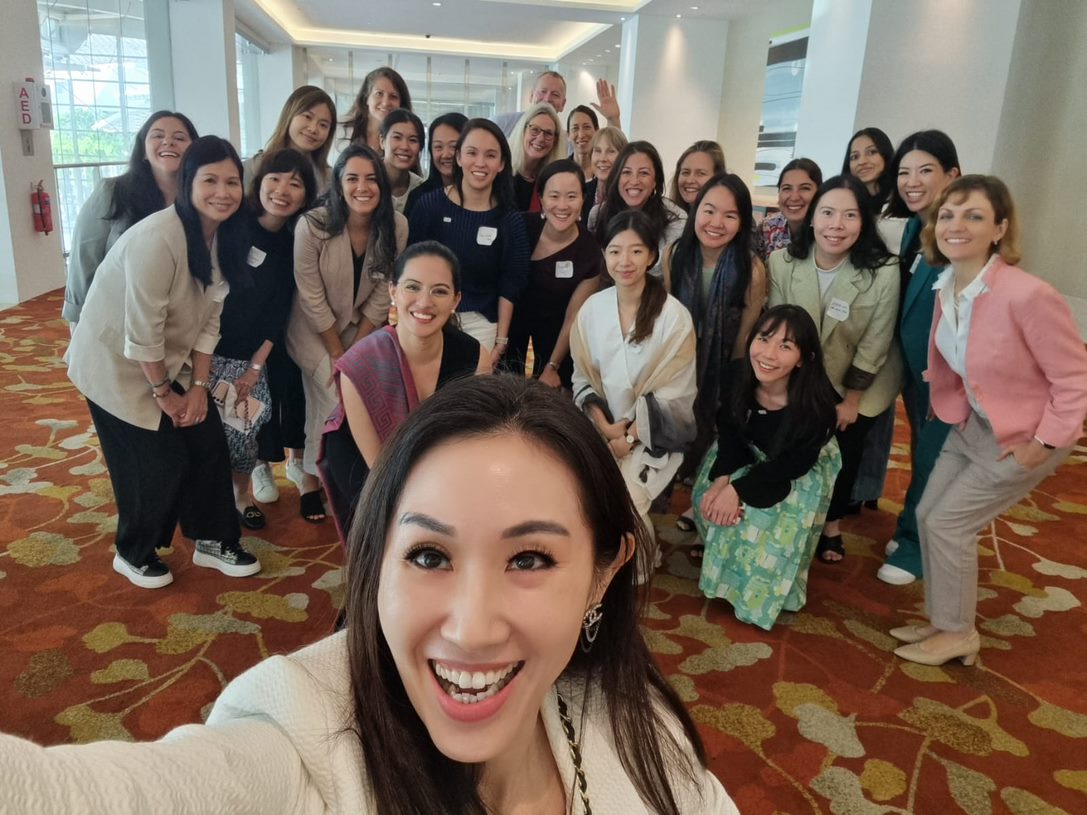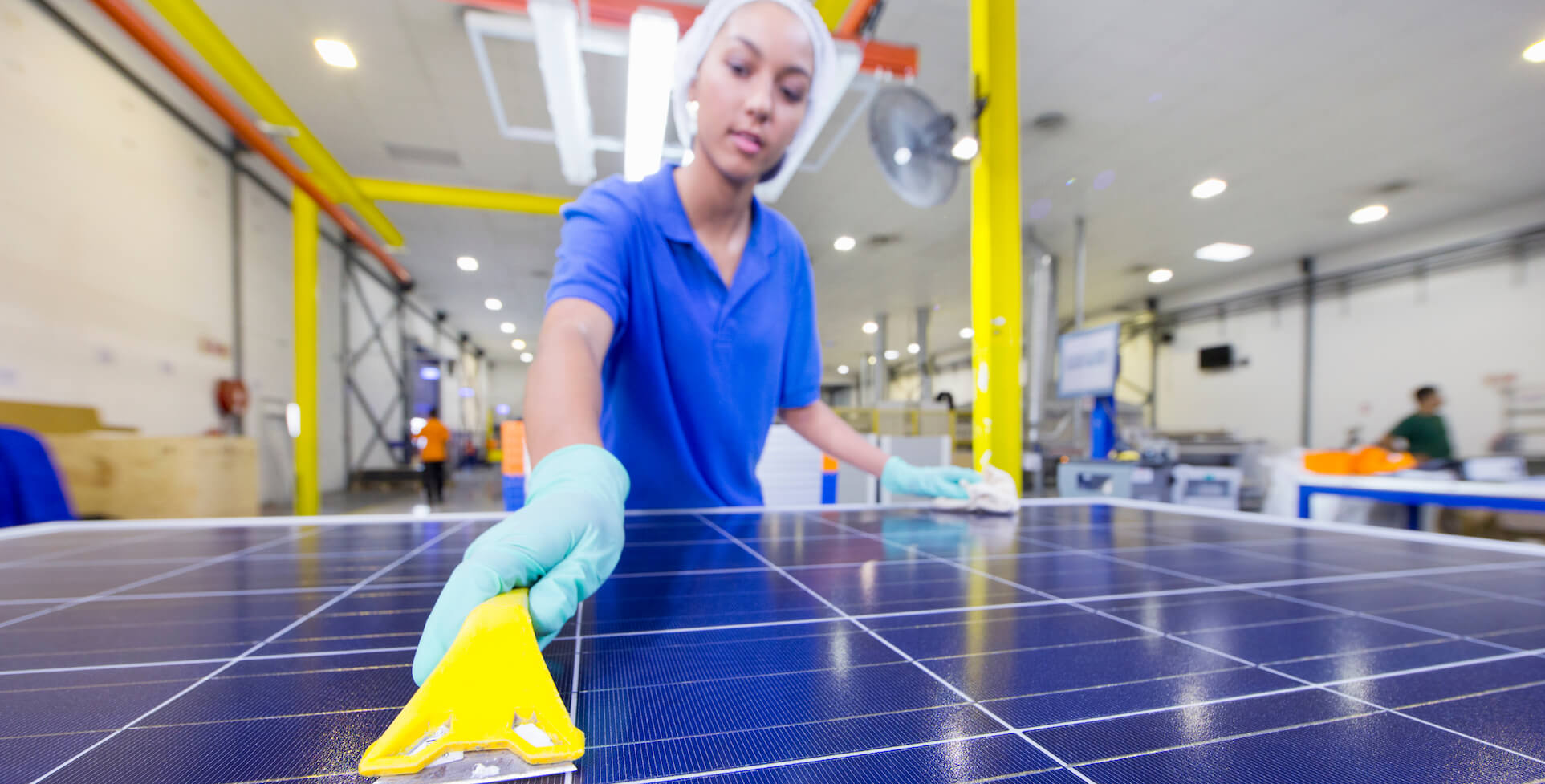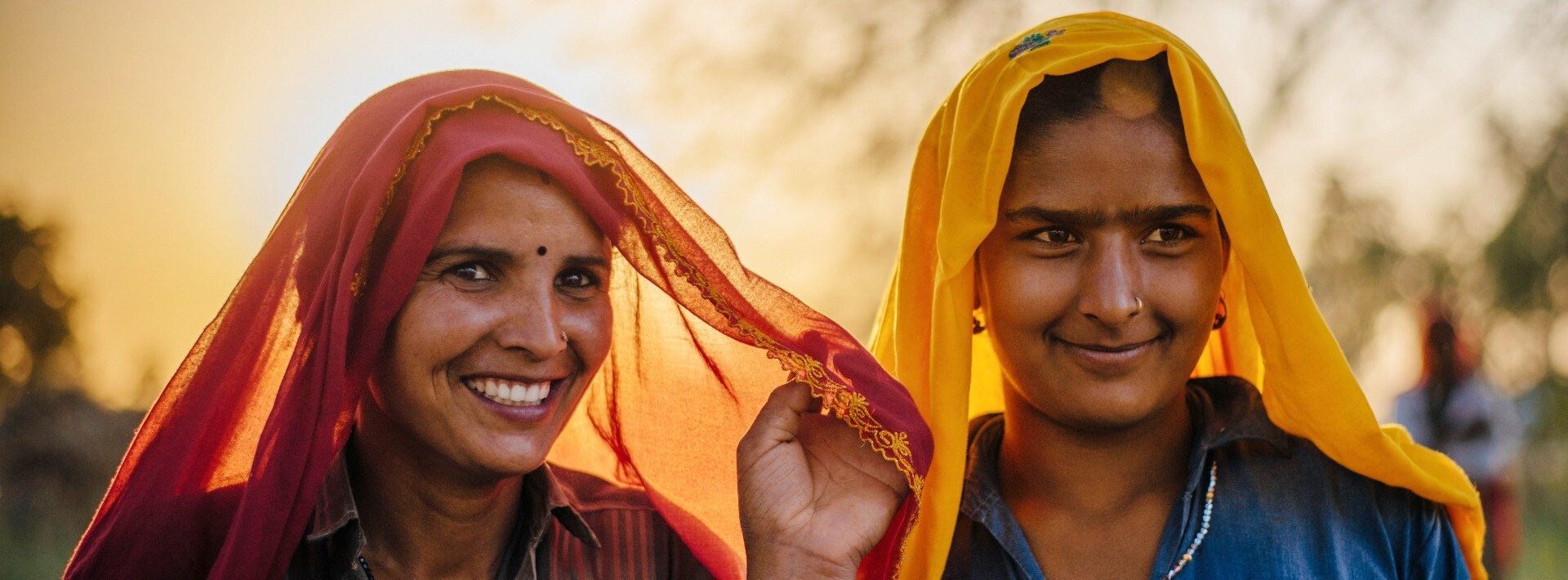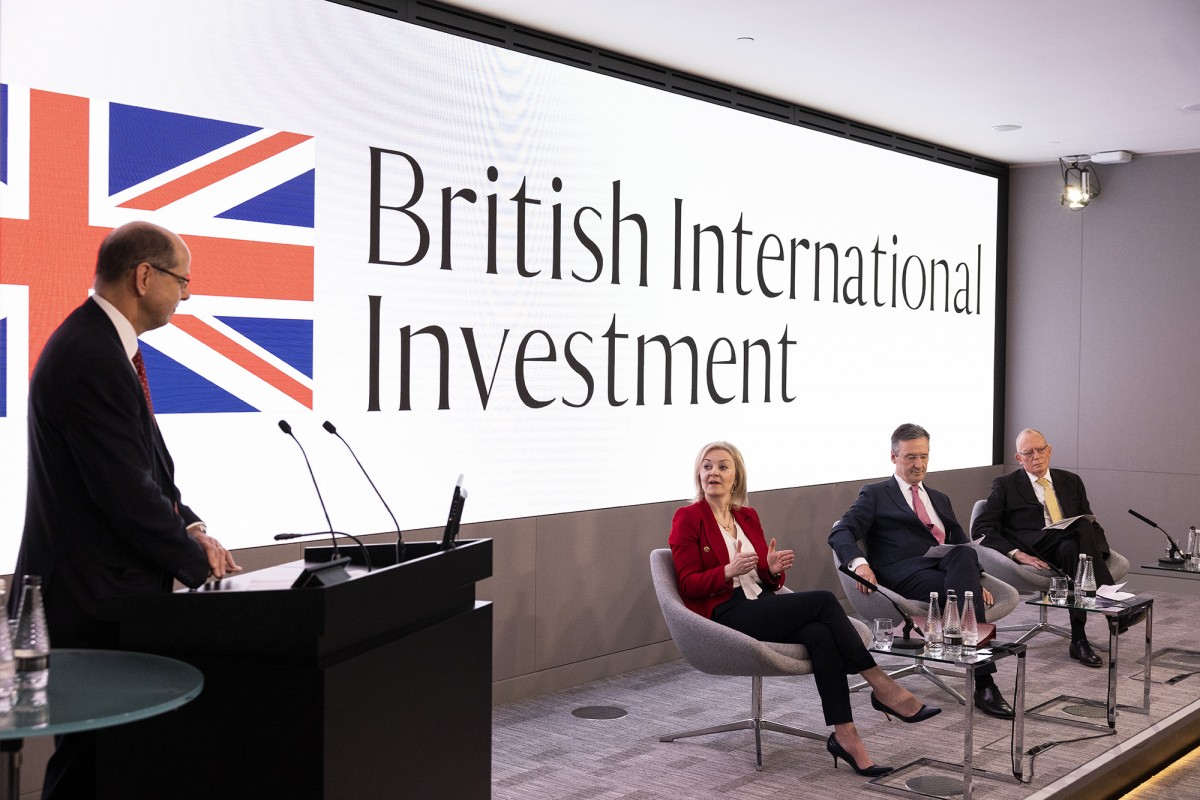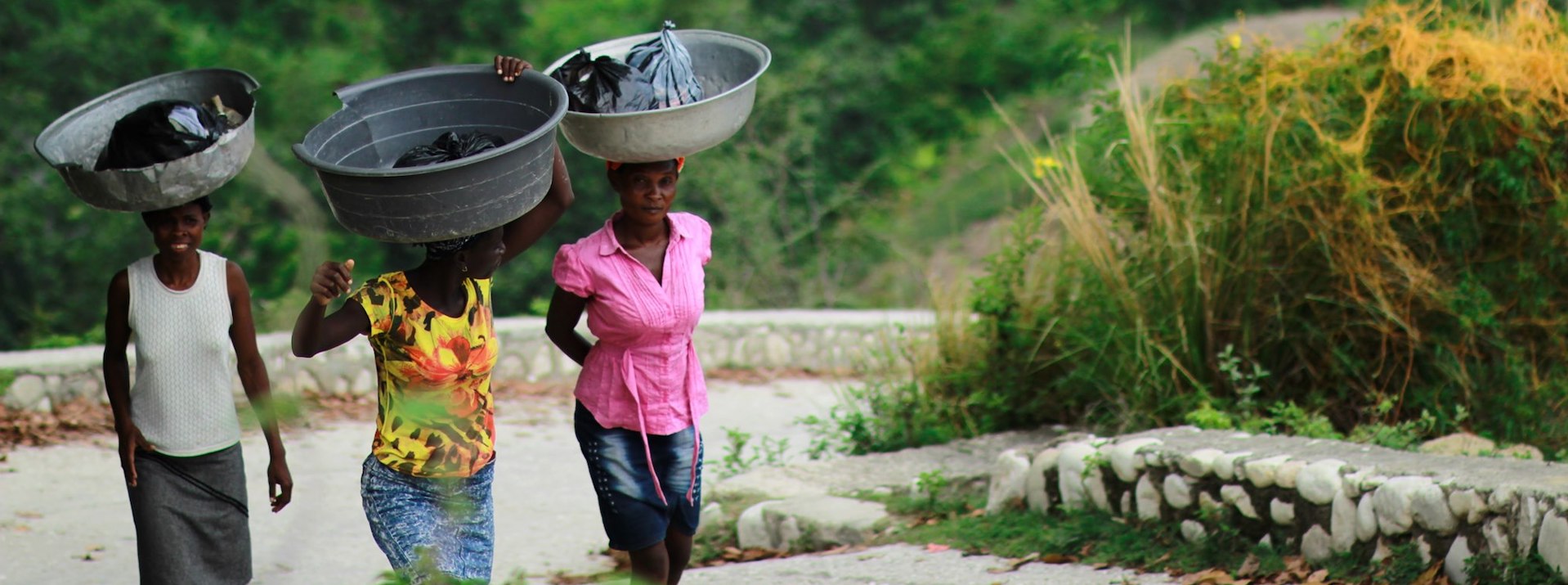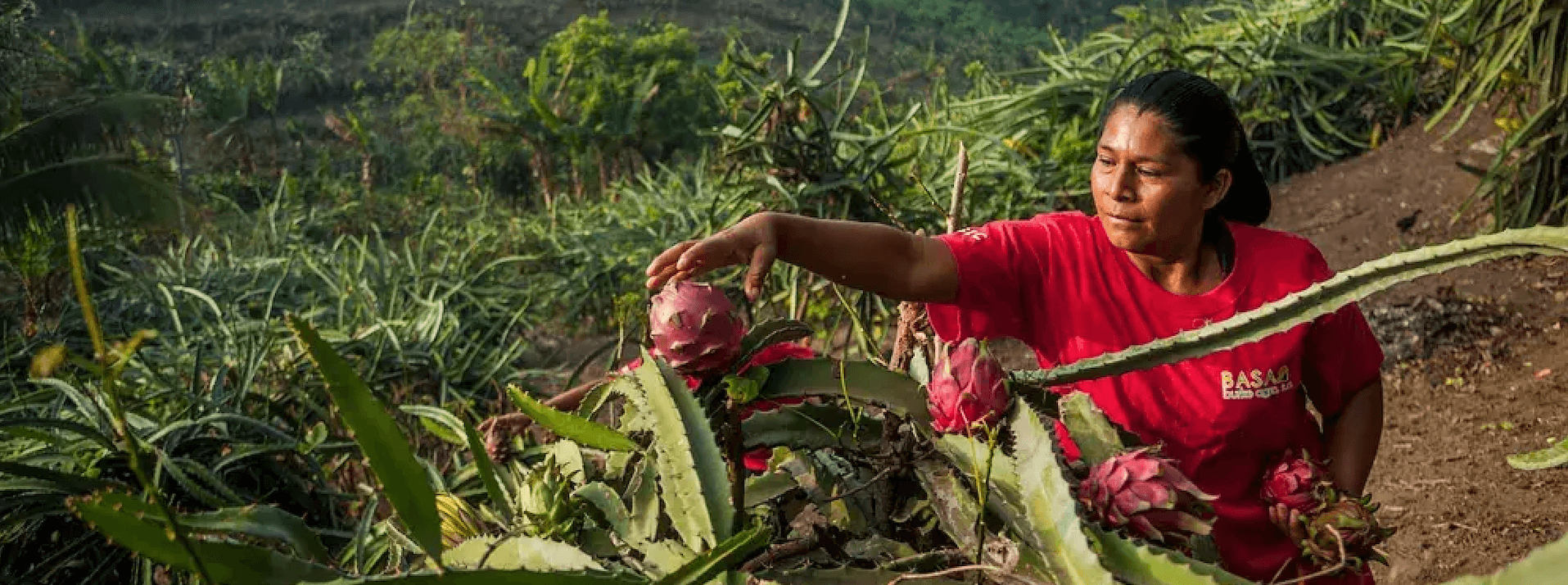ImpactAlpha, November 14 – It’s early days, but investors are waking up to the outsized impact potential of investing at the intersection of climate action and women’s and girls’ empowerment.
Investing with a gender lens can particularly address challenges in climate adaptation and resilience issues. And solving climate-related problems disproportionately benefits women and girls.
A growing crop of fund managers are designing strategies to seize the overlapping opportunities.
ImpactAlpha’s Agents of Impact call this week features three such managers (RSVP here). Supply Change Capital, AiiM and MCE Social Capital all are part of the portfolio of Heading for Change, the legacy project of gender lens pioneer Suzanne Biegel and her husband Daniel Maskit (disclosure: Heading for Change is a sponsor of ImpactAlpha’s Climate + Gender coverage).
Food and culture
“There’s a clear opportunity to build out a gender-smart investing practice, and to work with our portfolio companies as they build their teams, their supply base, and the full ecosystem that they will undoubtedly enable,” says Noramay Cadena of Supply Change Capital.
Supply Change, a venture firm focused on food and culture, is among the first batch of impact organizations and funds featured on ImpactAlpha’s new database of climate + gender lens investors. The firm’s angle: how women and diverse founders are rebuilding the food system to be healthier, resilient and more sustainable.
“Culture and climate are the two forces radically transforming the food system,” says Cadena. “When we think about the people who have historically created our foods and flavors, we think about women and people of color. We see culture as a gateway to a healthier and more equitable food system.”
The influence of women and people of color on the broader food system has been limited by lack of capital and representation in industry leadership. Supply Change is directing a new $40 million investment fund to new food businesses and ideas led by founders from these groups. It has backed Robigo, a woman of color-led biotech startup that is researching plant microbiomes to design drought and pest-resistant crops for “a food system that lives in harmony with our planet instead of destroying it.”
Kadeya makes water stations for workers in factories, at construction sites, and other locations with large numbers of frontline workers to support healthy workplaces while curbing single-use plastic drink containers. Compound Foods is making coffee in a lab—without beans—as a solution to coffee’s climate vulnerability and environmental footprint.
Sixty percent of Supply Change’s early portfolio companies are led by women. More than half track climate-related metrics, including greenhouse gas emissions reduction and improved soil health and fresh water supplies. The firm is honing its climate + gender and diversity impact framework as it deploys capital.
“The US is becoming more multicultural, consumer demand is changing. The impact of these forces on foods specifically is outsized,” says Cadena.
Gender-lens upside
AiiM Partners similarly applies a gender and diversity lens to its climate tech investing strategy. The Bay Area firm has been investing for the past five years in early growth-stage ventures developing critical climate solutions. More than half of AiiM’s portfolio are companies with female founders, executives or senior management.
“I think there are structural reasons” for that, says AiiM founder Shally Shanker, “me being the founder and finding a team that’s diverse to support us in how we handle pipeline. We probably just give more attention to women-led companies and diverse teams.”
Women at the helm of climate tech companies take a bigger share of climate VC (about 7%) than female startup founders broadly in the VC market (less than 2%). But their share has been on a downward trajectory.
Investing with a gender lens is still stigmatized as being concessionary. AiiM finds that the strategy yields better deals. “Historically women-led companies have had lower valuations than some of the ‘hot’ traditional teams,” observes Shanker. They also perform better.
Portfolio company Ecologic was founded fifteen years ago by Julie Corbett to design and sell paper-based packaging to single-use plastics. Its packaging was adopted by L’Oréal for some of its hair and beauty lines, as well as Seventh Generation for its cleaning products. Ecologic was acquired in 2021 by manufacturing company Jabil.
“We’re kind of contrarian — we’re trying to protect the downside,” says Shanker. “So we aren’t looking for the one star wonders, we are looking for companies that are built to last by making change.”
Climate + gender spectrum
Catalyzing more capital to solutions addressing both climate and gender issues requires taking a broad view of the investment landscape, according to Heading for Change. The donor advised-fund has notched five fund investments at the climate + gender nexus, ranging from women-led climate funds like Supply Change and Aiim, to funds from MCE Social Capital and WaterEquity that focus on women in vulnerable communities bearing the brunt of climate change. (Women-led MCE Social Capital falls into both categories.)
ImpactAlpha’s early list of climate + gender funds includes Canada-based Deetken Impact, a women-focused fund manager that invests in businesses delivering sustainable energy and improving livelihoods in Latin America and the Caribbean. The $145 million investment firm says it applies a gender lens to “every step of the investment process,” starting with looking at who leads and governs pipeline companies, down to how those companies engage with local communities. Deetken calls out Sustainable Development Goal No. 5, Gender Equality, “as key to achieving all 17 and advancing environmental and social impact.”
RISE Artisan Fund leverages concessional capital to invest in companies supporting artisans’ livelihoods. The artisan sector is majority women-powered. Artisans are also highly vulnerable to climate change because their livelihoods depend on natural materials.
Azolla Ventures, the Prime Coalition spin-out fund led by Amy Duffuor, is using blended finance to derisk decarbonization technologies with commercial potential.
“We’re really trying to peel back the layers and find those diamonds in the rough and the climate verticals that are falling through the cracks,” Duffuor told ImpactAlpha.
RISE, an initiative of Realize Impact and Sprout Enterprise, has invested in companies like home solar venture Ilumexico, which delivers clean energy to Mexico’s off-grid families for household and productive uses. Guatemala-based Itza Wood makes and sells furniture out of ethically- and sustainably-sourced woods. Hast Karigar Society provided training and marketing support to a collective of female weavers from forest villages in West Bengal, India.
EcoEnterprises has for more than two decades provided flexible financing to companies supporting regenerative agriculture and agroforestry, sustainable aquaculture and ecotourism in Latin America. BFA Global’s Catalyst Fund is a woman co-led fund deploying $40 million to improve the resilience of underserved, climate-vulnerable communities in Africa.




